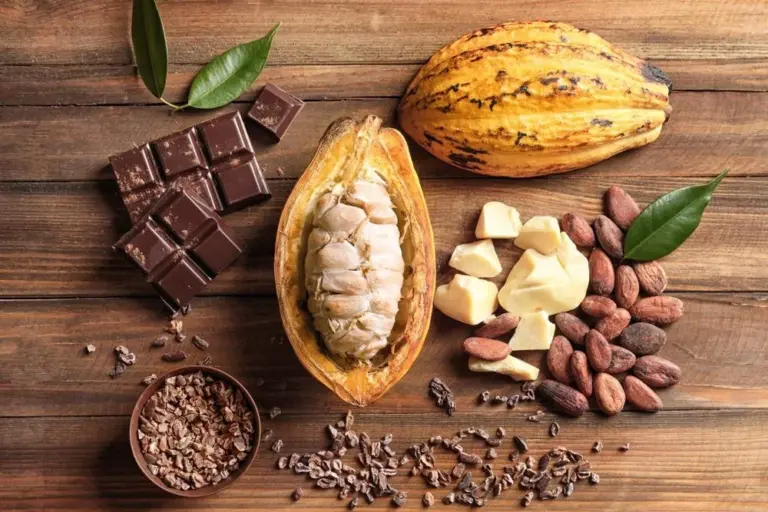As global cocoa prices soar to $9,187 per ton on the New York Commodity Exchange, Nigeria is seizing the opportunity to pivot from its heavy dependence on oil revenues toward agricultural exports—particularly cocoa.
With investors turning their focus to cocoa amid tightening global supply, Nigeria is doubling down on its position in the global market. According to data from the United Nations Food and Agriculture Organization (FAO), Nigeria ranked as the seventh-largest cocoa producer in 2023, yielding over 280,000 metric tons. Now, with a bold target of 500,000 metric tons set for the 2024–2025 season, the country hopes to climb the ranks and join leading producers like Ivory Coast, Ghana, and Indonesia.
This surge in cocoa prices—up from $2,200–$2,500 per ton in 2022 to nearly $11,000 by late 2024—has been driven largely by severe weather and crop diseases in West Africa, particularly in Ivory Coast and Ghana, which jointly account for half of the world’s cocoa output. Futures even reached an all-time high of nearly $13,000 per ton earlier in 2024, before easing slightly with the prospect of a small supply surplus.
To reinforce its ambitions, Nigeria secured a $40.5 million investment from British International Investment in partnership with Johnvents Group. The capital will support Johnvents’ subsidiary, Premium Cocoa Products Ile-Oluji, to more than double its production capacity—from 13,000 to 30,000 metric tons annually—positioning Nigeria as a stronger contender in the global cocoa trade.
National Cocoa Management Board in the Works
To further streamline and strengthen cocoa sector governance, Nigeria is preparing legislation to establish a National Cocoa Management Board, similar to those in Ivory Coast and Ghana. The board would oversee every aspect of cocoa—from production to marketing—to ensure a more cohesive and efficient system.
Agriculture and Food Security Minister Senator Abubakar Kyari noted that the new board aims to bring clarity and structure to the cocoa value chain. A Cocoa Management Committee has already been formed to assess the proposal’s viability before the bill moves forward.
The country has also stepped up regional collaboration, sending delegations to meet with cocoa industry leaders in Ghana and Ivory Coast to explore cooperative strategies and regional alignment.
Additionally, the Federal Executive Council approved a comprehensive cocoa development plan in 2024, outlining a roadmap for sustainable industry growth and a projected investment exceeding $300 billion over the next ten years.
Surging Demand and Rising Prices
Even as prices moderate from their peak, demand for cocoa and its derivatives remains robust. Nestlé USA, for instance, plans to increase the prices of its Toll House chocolate chips, baking cocoa, and fudge kits beginning June 23. These price hikes follow Nestlé’s unsuccessful attempts to negotiate cost reductions or contract cancellations with some of its commodity suppliers.
Despite a broader easing in grocery inflation, chocolate and snack items continue to test consumers’ price tolerance amid tightening supply conditions.
With favorable market conditions and renewed national focus, Nigeria is betting big on cocoa. The next few years will determine whether this strategic shift can yield long-term dividends and position the country as a dominant force in the global cocoa economy.

